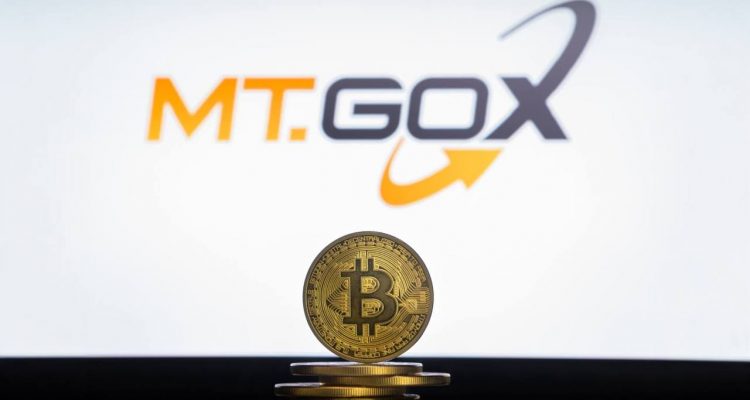
Mt. Gox Transfers 47,000 BTC as Repayments to Creditors Begin
In a significant move, the defunct Japanese crypto exchange Mt. Gox has transferred 47,229 Bitcoin (BTC) — valued at approximately $2.7 billion — to a new wallet address. This marks the first major transaction by Mt. Gox since May, signaling the beginning of creditor repayments.
Details of the Bitcoin Transfer
Blockchain analytics platform Arkham Intelligence reported that the transaction occurred at 12:30 am UTC on July 5. The Bitcoin was moved from cold storage as part of Mt. Gox’s plan to start repaying creditors. A total of $8.5 billion in Bitcoin is scheduled to be distributed to creditors this month, according to a statement from Mt. Gox trustee Nobuaki Kobayashi on June 24.
Market Concerns and Analyst Opinions
The transfer has sparked concerns among market commentators about the potential impact on Bitcoin prices if creditors decide to sell their holdings. The Bitcoin market could face significant pressure, but some analysts argue that the actual amount likely to be sold is closer to $4.5 billion.
Alex Thorn, head of research at Galaxy Digital, suggested that many Mt. Gox Bitcoin holders might be more inclined to hold onto their assets (“diamond-handed”) rather than sell immediately. He also pointed out that selling large amounts of Bitcoin could result in substantial capital gains tax liabilities, deterring immediate sell-offs.
Previous Transfers and Market Reactions
This isn’t the first substantial transfer by Mt. Gox. On May 28, the exchange moved nearly $7.3 billion worth of Bitcoin to an unknown wallet address, causing a 2% dip in Bitcoin’s price. The latest transfer has similarly affected the market, with Bitcoin prices falling sharply on July 4 and continuing to decline, currently trading at $57,226.
Despite recent fluctuations, Bitcoin has seen year-to-date gains of 35.6%, although it is down 6.9% over the past week.
New Developments in the Crypto Space
In other news, crypto startup Hamilton has launched tokenized U.S. Treasury bonds on Bitcoin layer-2 blockchains. Named Hamilton U.S. T-Bills (HUST), these tokens are available on Stacks, Core, and BoB (Build on Bitcoin) Bitcoin layer-2 solutions. This innovation combines the stability of Bitcoin with the reliability of the U.S. dollar, enhancing the network’s scalability and functionality.